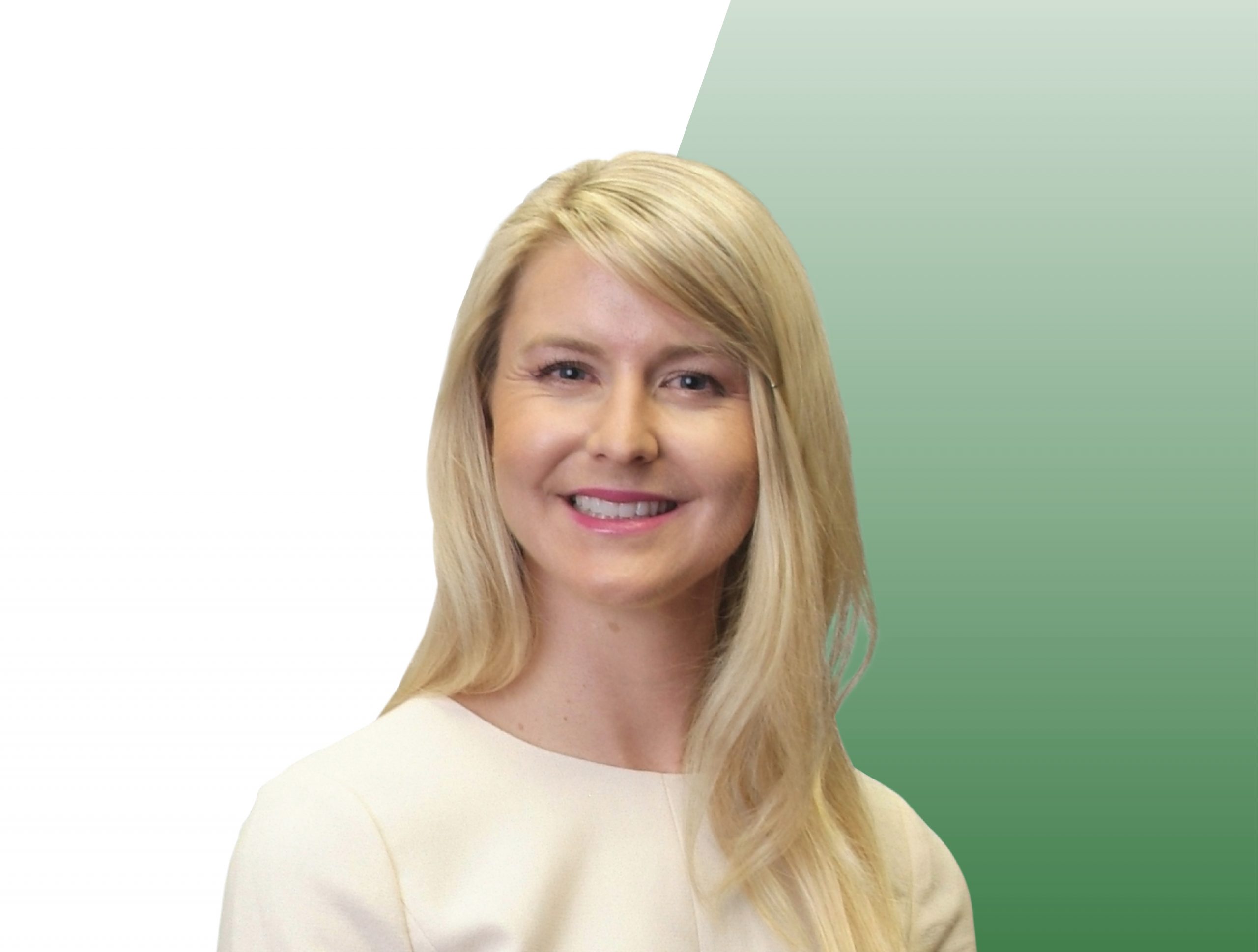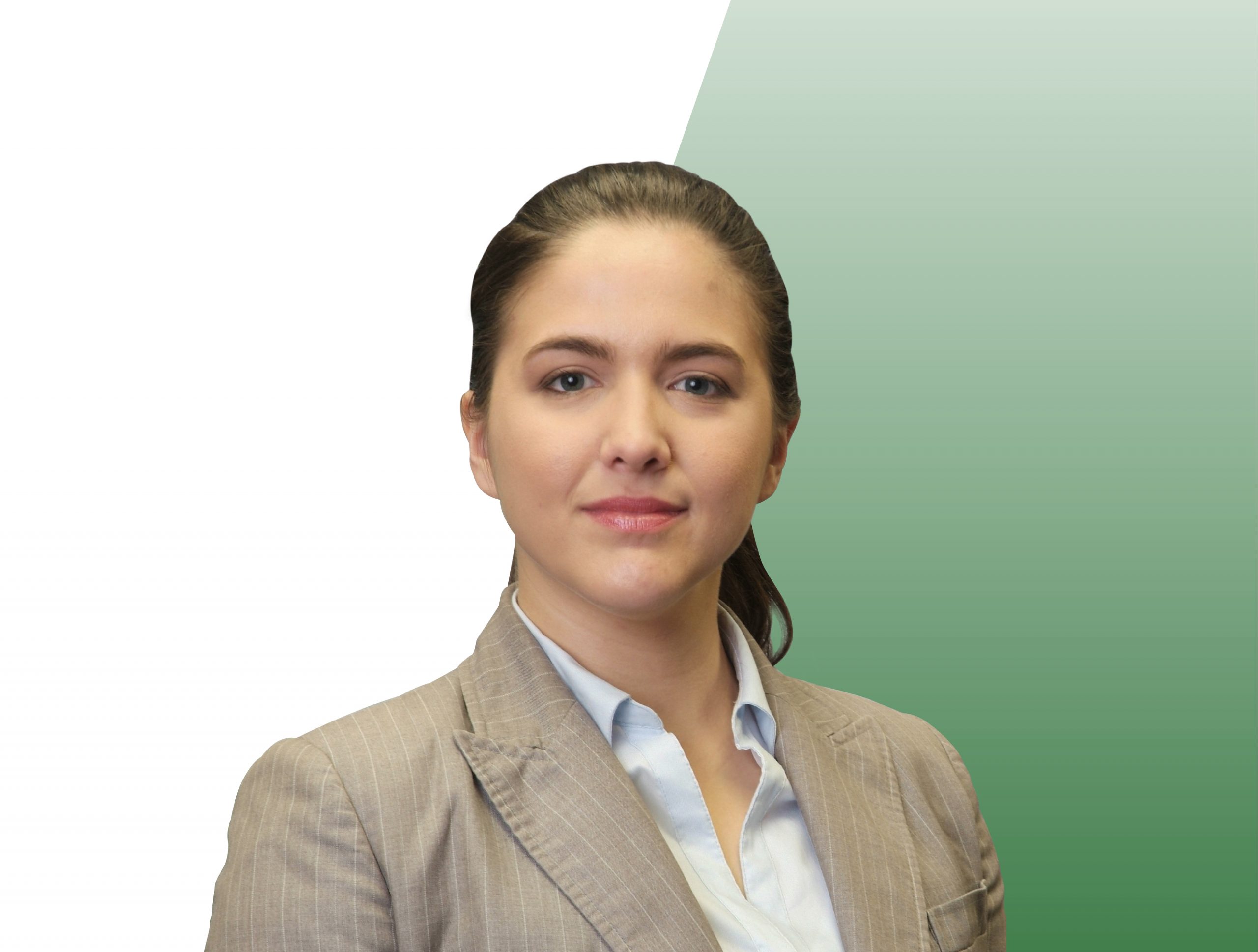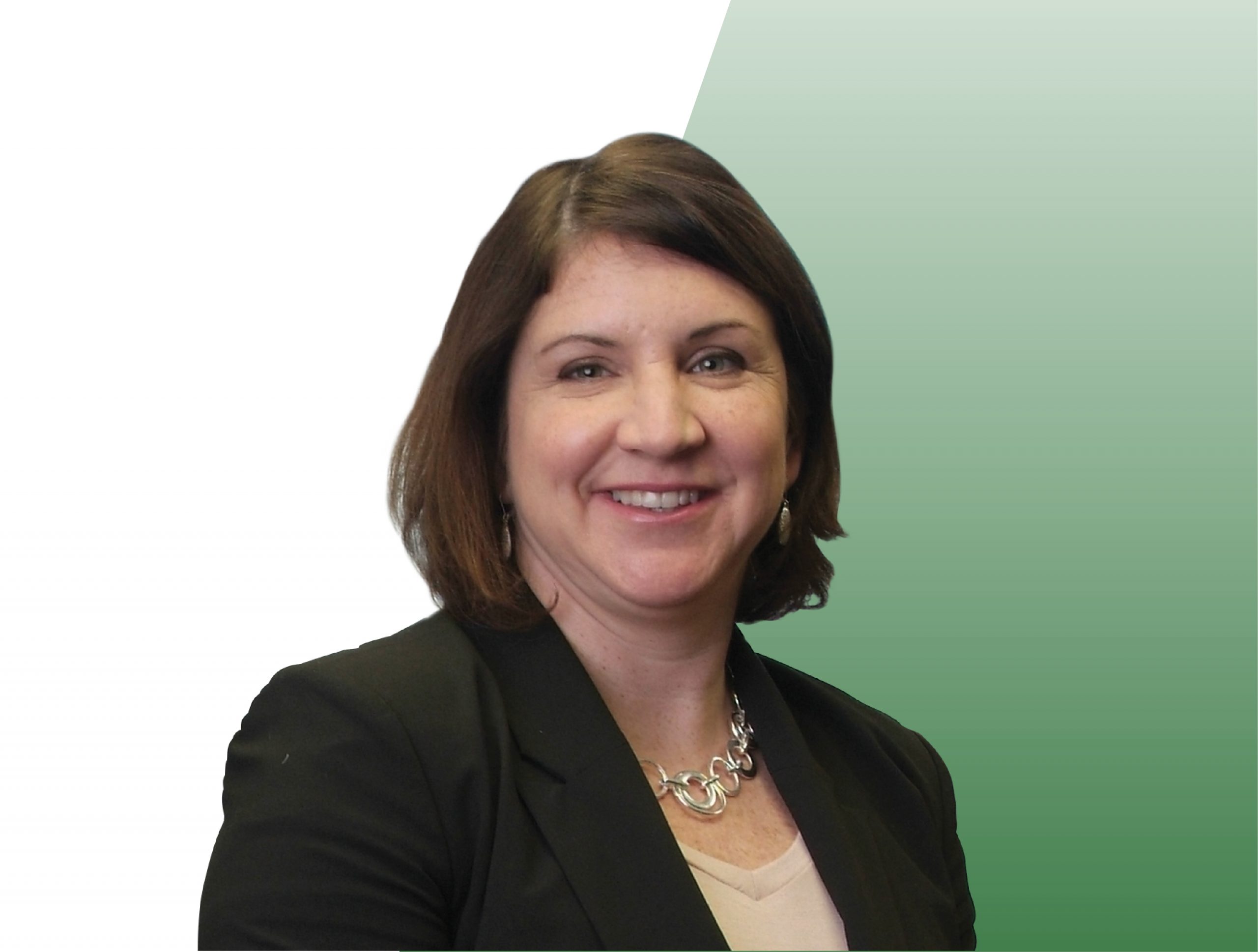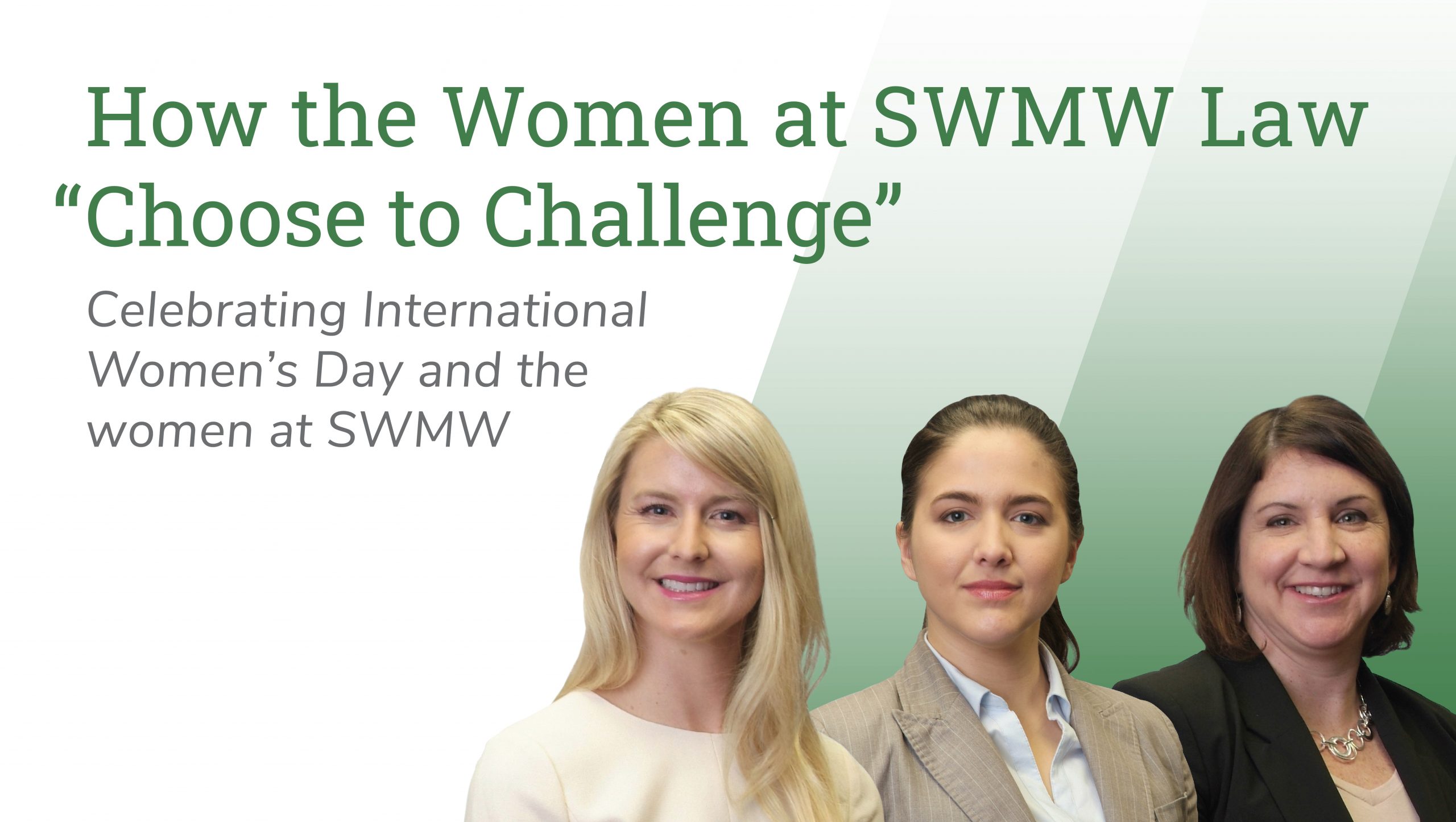Today is International Women’s Day, an observance that began in a handful of countries in the early 1900s as part of campaigns for equal rights and worker protections. Though the day has been marked annually since and has been associated with labor campaigns like the Bread and Roses Strike of 1912 and the suffragist campaigns across Europe and the U.S., it wasn’t until 1975 that the United Nations first celebrated International Women’s Day. After a major revival of the campaign and platform between 2001-2011, the movement now celebrates Women’s History Month, does major fundraising for female-focused charities, and brings women’s equality to global attention with events and an annual campaign theme.
This year’s theme is Choose to Challenge. Women are choosing to speak, work, march, and share their commitment to “challenge inequality, call out bias, question stereotypes, and help forge an inclusive world.” At SWMW, we’re incredibly proud to be a practice that chooses to challenge and to advocate for our clients against negligence and harm. In celebration of International Women’s Day, we’re highlighting the achievements of the women in our practice and raising awareness about women’s equality. Read on to learn more about three of our incredible partners, Lauren Williams, Sophie Zavaglia, and Melanie Schmickle, as they share their career passions, achievements, and challenges.
Lauren Williams

On what drew her to practice in asbestos and at SWMW Law
“I was drawn into the practice area by a mentor and a need in a growing firm. The skills required for prosecuting these claims suit my professional strengths, but also leave the door open to venture outside my comfort zone, along the way fostering growth and additional levels of experience. I was an associate attorney with the firm prior to becoming a partner. In fact, I was the first associate hired by the firm shorrtly before the firm’s first anniversary. I was so proud of the partners for what they had accomplished in that first year, and I was excited to join the team. My goal at that time was to prove my work ethic, steadfastly serve our clients, and prove my worth in every way I could.
I was gaining experience in prosecuting claims against the asbestos bankruptcy trusts and SWMW was growing, with the need for an associate attorney to dive in and start helping clients with these claims. At my first job out of law school, I had worked closely with firm members Ben Schmickle and Matt Morris. I enjoyed working with Ben on motion practice and research projects, and Matt was always willing to provide helpful tips for court appearances and depositions. I welcomed the opportunity to work with them again, as well as with Steve Wohlford, who has taught me along the way how to become a more effective writer and communicator. From the start, I made it my personal goal to help the young firm and our clients in any way I could, from taking depositions, handling court appearances, drafting motions, prosecuting trust claims, and counseling clients. I knew that hard work would pay off at SWMW.”
On the realities and challenges of being a female attorney
“While I believe society and our profession strive for diversity, inclusion, and equality, I did speak at a conference not long ago about women overcoming implicit biases that are either societal constructs or even self-imposed. Women are actively taught or passively learn certain behaviors as young girls that can ultimately set them back as professional women. Examples include being overly apologetic, failing to delegate, and belittling their own work in an effort to be seen as modest and humble. While these traits are not necessarily ‘negative,’ they can be detrimental to advancement in certain professional situations. Women must work to be aware of these behaviors and overcome them, which can be especially difficult when society has different expectations.”
On receiving mentorship and becoming a mentor
“Reflecting back on law school and the early days of my career, I absolutely received mentoring from many individuals along the way, including professors, supervising attorneys at work, judges, and friends. These mentorship opportunities typically developed informally and organically. I also sought out more formal mentor/mentee relationships through women-focused local and state bar organizations. Connecting with other women lawyers and learning about their practice areas are instrumental in then being able to refer cases to them and to use each other as professional resources.
There are several people who have had a major influence or impact on my career. My law partners have certainly impacted the trajectory of my career – they are not only partners, but also mentors. I draw situational knowledge, skills, and insight from each of them. On the business side of growth, they have opened doors when I have knocked, so to speak. My husband and family have also supported me every step of the way, through law school and beyond. What all of these individuals have in common is the ability to see the bigger picture; I am always grateful when they can pull me out of the weeds and point me in the right direction.
While we don’t have a formal mentorship program at the firm, I strive to provide time to associates who seek guidance or assistance with a client, issue, project, or difficult situation. I am so grateful to my mentors for the time they have given me over the years; time is so precious and valuable, especiallty for busy professionals who are juggling clients, a law practice, and maybe a family, too. This may seem obvious, but the restrictions and limitations brought on by COVID-19 are incredibly challanging to associates and recent law school graduates. I want them to have all of the ‘normal’ experiences I had as a first-year associate, such as in-person meetings with clients and colleagues, appearing before a judge, depositions in a room full of defense attorneys taking a different side from you, firm dinners, conferences, bar meetings, volunteer opportunities, and networking events. Advising them to seek out of these types of ‘normal’ experiences requires some creativity and additional planning or effort.”
On the parts of her job that keep her up at night
“I am most passionate about the attention to detail and writing components that go into investigating and documenting a client’s occupational and personal history, as well as memorializing and gathering the evidence to support the facts. I do lose sleep over things I can’t control, such as our clients’ health. We are helping individuals who are suffering from deadly diseases that cause them pain, financial hardship, and distress. Not being able to help them quickly enough or knowing their time is limited keeps me up at night. Being part of a team drives me to succeed. I am accountable to myself, our clients, my partners, colleagues, and staff – I want to be successful in ways that benefit the entire team.
Professionally, the most fulfilling aspect of my career is having a seat at the table and owning my work and the work of our team. It is also fulfilling to be able to serve as a role model for other women at our firm, especially those who recently graduated from law school and those who are navigating entry into law school.”
Sophie Zavaglia

On her passion for asbestos and mesothelioma litigation
“I definitely knew in college that I wanted to be a lawyer. After I read about people like Ralph Nader and other consumer protection advocates, I got into personal injury, consumer advocacy, and basically fighting corporate greed. Our asbestos practice is fascinating to me. It’s never boring. And it definitely sparks my passion for taking up for people who have been harmed or taken advantage of.”
On her career as a client advocate
“When I first started at the SWMW Law, I was dealing directly with clients, taking their depositions, doing a lot of one-on-one work with them. As the years have gone by, I’ve shifted to working more with the defendants, taking the depositions of the corporate representatives rather than our clients. It’s been a good shift for me. I feel passionate about holding people accountable for the wrong that they’ve done. When you meet the clients we represent and their families, it’s impossible not to feel sorrow about what they’re going through, all because they showed up to work and were surrounded by this dangerous substance.
“In our practice, we’ve found memos from the companies that made the products people were working with day in and day out, memos saying, ‘Yes, we know what we’ve done.’ That’s the motivation for me, that there were people in a position to know better and stop the harm, but they choose not to. There’s a famous internal memo from an auto company complaining that to replace asbestos in every car was going to cost them something like $1 per car. They made a cost benefit analysis of people’s lives and $1 per car was determined to be cost-prohibitive. It’s a challenge to get them to be honest about what their company did. Often, we’re talking to people who didn’t make the actual decisions from decades ago. Whether I’m talking to our clients or grilling the defendants, I’m reminded of why I do what I do. These are real people who sustained real harm.”
On the realities and challenges of being a female attorney
“It’s fair to say that 99 percent of my clients are men. Asbestos exposure happened in professions that were historically male, like construction, maintenance, and military service. Overwhelmingly, I am treated with respect by my colleagues and clients. There can be extra challenges with old gender stereotypes. It’s rare, but at times people aren’t used to females in the room who aren’t secretaries or stenographers. When I was a younger attorney visiting clients in their homes or in the hospital, there were times when I was challenged to prove myself and prove my knowledge, while at the same time trying to maintain empathy for what they were going through. I had to know what I was talking about and I had to validate their experience, so I needed to know everything about boilers and show that I knew about their industry in addition to being a legal expert.”
On mentoring for female attorneys
“I was mentored through the legal clinic that I participated in during law school, and I’m still in touch with two of my SLU Law professors. For example, Professor Paige Canfield, who’s the head of SLU’s moot court program, was a huge influence for me. She helped hone my writing skills and my verbal advocacy skills. At SWMW, I’ve received support and mentorship in learning the nuts and bolts of the practice. Everyone here is learning and we constantly share information with each other. At many other firms, you have to learn everything on your own—it’s very sink-or-swim. But here, there’s an open-door policy. There’s a collegial atmosphere and a sense that the more you know, the better you are for our clients. If you want to pursue your passion or speak at conferences or write articles, those activities are seen as helping our clients and our firm.
“Ben Schmickle has been supportive from day one, encouraging me to learn, improve, and advance my career. One of our other partners, Lauren Williams, has been really helpful to me when I needed guidance in the beginning. She’s also just an amazing example of someone who is an incredibly hard worker, smart, and always helping everyone she works with.”
On the culture of SWMW Law
“From the first weeks I worked at the firm, the culture was what told me this is the right place for me. My coworkers were incredibly nice, everybody had a good sense of humor, I had very flexible working hours, and a very supportive environment. And the work was interesting. The practice is about fighting for our clients. The attorneys really cared about what they were doing. You can tell when people actually care or when they’re just there to get a paycheck. I have definitely worked at firms in the past where the people love what they do but the firm is less than family friendly—not flexible with time or individual needs. SWMW has got the whole package, which I’m very thankful for.”
Melanie Schmickle

On the career trajectory that brought her to SWMW Law
“I started out working at Legal Aid doing orders of protection for battered women. Then I was a divorce attorney for a while, then insurance defense in civil cases. After I got married, I worked at a nonprofit called Doorways, which provides housing for individuals with HIV and AIDS. Then I stayed home with my kids for a couple of years. Thinking I would go back into nonprofit work, I earned my Master’s in Public Administration. But instead, I came to SWMW, starting out with discovery and just helping out where I could in order to build the practice, which was growing pretty quickly.”
On using skills from the nonprofit sector
“There’s transferable knowledge that comes up at the client level. At Doorways, I did advocacy and grassroots lobbying in Jefferson City on behalf of our clients’ housing concerns. I held meetings with clients about their cases, dealing with money, keeping on their medication. A lot of that has helped me to remember client situations in my work today, to remember what we’re all fighting for when dealing with pharmaceutical companies that haven’t always had the best interest of the general population in mind.”
On finding fulfillment in her current practice
“My main goal is to do whatever I can to get clients the best possible resolution to their case. For many, that means getting the most money possible as quickly as possible. A lot of clients aren’t in a good place because they’ve had medical setbacks from faulty drugs or devices. And then there’s a lot of predatory lending I worry about. People who are months away from a settlement but desperate for funds to support themselves will take usury terms of 25% interest. Also, so much of what I’m concerned about is simply outside my control. Things like shifting political climate or legislators and the state not doing enough to support consumer rights.”
On mentoring for female attorneys
“In my first position, it was just me and my boss at a small practice in rural in Warrensburg, Missouri. His mentoring advice was, if you mess up, don’t try to fix it on your own. Tell me about a problem instead of covering it up. That was good life advice in general. I also joined the National Association of Women Lawyers (NAWL) and benefitted from that network. One colleague at a different firm was a couple years older than me and made an effort to help younger attorneys along. Mentoring involves being a confidant, giving advice about office politics, helping younger lawyers see the big picture about navigating the firm and doing well in terms of their performance. My Executive Director at Doorways helped me learn how to advocate for things I really cared about. She was great at her job and great at networking. She encouraged me to meet with people and tell them about our organization, make sure it was on their radar. From her, I learned the importance of networking and getting in front of stakeholders.”
On the realities and challenges of being a female attorney
“I’ve been pretty fortunate that in my career, I’ve gotten to do what I wanted. I stayed at home when I needed to. That was challenging to me—feeling like I was personally letting down the women’s movement. But women are supposed to have choices, right? Working through that conflict was a personal issue for me.
“My kids were 4 and 2 when I came back to work. I spent a total of five years outside of traditional work environments and the little things like technology were a challenge when I came back. If you’re not used to Outlook, for instance, it’s hard to get things scheduled. Coming back into a work culture and figuring out all those little things that were totally new to me but easy for others was a learning process. But I have the benefit of being given the time I need to do my work. Working with my spouse is interesting. This firm is a cause we both believe in, and it’s sometimes easier for both of us to assert our efforts in the same direction instead of opposite directions. It helps too that we have the firm to focus on—the firm is more important that either of our individual careers. We’re here to fight for people.
“Practicing law can still feel like a Good Old Boys’ network. It can still be tough for women. But the women I know here are braver that I ever was. They know how to speak up for themselves and I’m always impressed by that. When I asked another female partner how they respond to ‘mansplaining,’ she was very direct. She tells them directly, ‘You’re talking to me as if I don’t understand the implications of this situation. Let’s assume that I do and move on from there.’ I find that really impressive.”
SWMW Law wouldn’t be able to serve our clients and community without the support of the women on our team. We celebrate our female attorneys and the many other women imbued with the same dedication to improve the lives of women in this generation and the many more to come.



